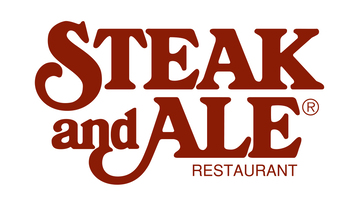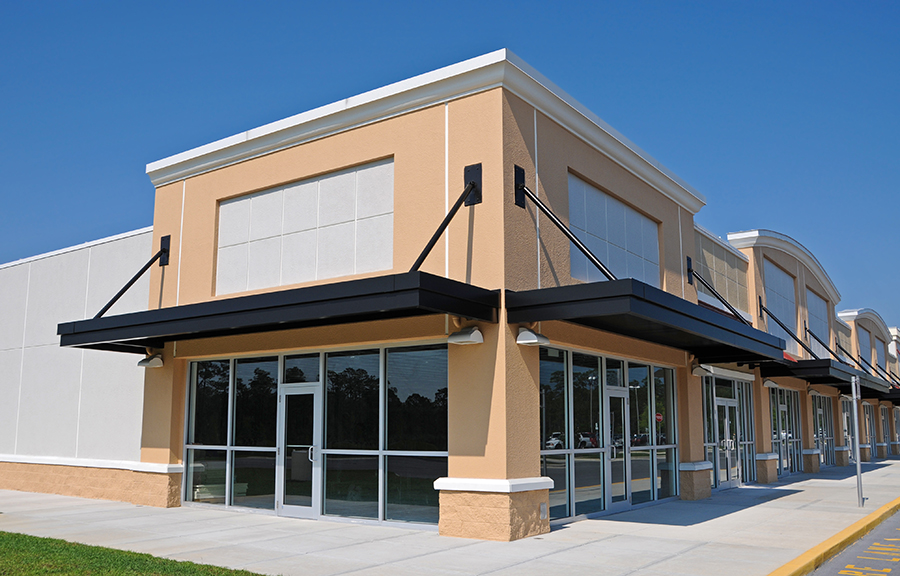The franchising business model works better in some industries than in others. That’s why more than half of all franchisors are concentrated in just ten industries. Would-be franchisees would do well to consider the fit of the franchising business model to the industry they are thinking of entering when deciding whether or not to buy into a system.
Franchising works better in industries where businesses produce products and services on a small scale in a wide variety of geographic locations proximate to customers. When products and services can be delivered from a centralized spot at high volume under the direct supervision of company staff, company ownership of operations is usually the most efficient way to organize business activities. But when providing the same volume of products and services requires operations at many disparate locations, franchising incentivizes those serving customers to produce a high volume of uniform products.
Franchising is more effective in industries where customers are served from fixed physical locations. In industries without set locations for production and distribution, franchisees tend to compete with each other to serve the same customers, reducing profits for all.
Franchising is more successful in industries that demand local market knowledge. Franchisees from a local market can identify needed adaptations for that market more cheaply than a centralized company. Moreover, franchisees have stronger incentives than hired employees to make local market adaptations because franchisees get to keep the additional earnings from meeting customer needs more effectively.
Franchising works better in industries in which brand names are an important competitive advantage. Advertising, which is used to develop brand names, depends heavily on scale economies. Franchising allows companies to exploit the advantages of scale by permitting companies to grow faster than they can through company-owned outlets.
Franchising is more effective in labor-intensive industries than capital-intensive ones. People often fail to work as hard or as carefully as they could. Compensating the people running an outlet with profit, as franchising does, mitigates this tendency to shirk. Because people shirk, but machines do not, this incentive matters more in labor-intensive industries than in capital-intensive ones.
Franchising does not work as well in industries in which outlets are very costly. The pool of potential franchisees shrinks with the size of the investment needed to open an outlet. In addition, big investments take a large portion of the net worth of franchisees, which leaves them undiversified. Poorly diversified investors are often risk averse and unwilling to take the actions that more diversified investors pursue.
Franchising works better if products or services can be standardized. Standardization makes it easier to monitor the actions of the people who using the system’s brand name and operating procedures to serve customers.
Franchising is more effective when performance can be measured easily and effort is hard to observe because franchisors often use outcome measures to monitor franchisees. Where performance cannot easily be checked and effort is difficult to verify, franchisors often do not have a good way of ensuring that franchisees are acting in the best interest of the overall system.
Because franchisees often consider purchasing outlets in franchise systems that operate in different industries, they should evaluate the fit of the franchising business model to the industry when making their buying decision. The industries with the characteristics described above tend to be the ones in which franchising works best.
Not sure how much can you afford?
Fill out our Franchise Affordability Calculator


Voyage Franchising
Related Articles
College and Business Are Like Oil and Water
Being an entrepreneur is like wandering a forest with no path. Making twists and turns and choosing a direction based on the information you’ve gathered.
Three Reasons Why Your Business Could Fail
The excitement and thrill of building a successful business from the ground up is difficult to top. 96% of businesses fail within the first 10 years.
How Much Money Can “X” Franchise Make?
How much money can I make? This is the first question most people ask when they’re looking at a franchise investment. How much money can a franchise make?
The Importance of Benchmarking Franchise Performance
Benchmarking your franchise system against your franchise category, franchise sector and individual franchises requires the right data.
Getting Noticed in a Crowded Franchise Industry
Seeking the help of professional graphic designers and marketing experts to define your brand design. Getting noticed in a crowded franchise industry.
Fuel Your Creativity With a Paint Night Franchise
People love having fun! With the explosion in adults embracing the casual fun of a paint night party, this marks a great franchise opportunity.
Franchisee Training Resources
A list of sources where someone who is undecided on a specific sector can find training resources to help them make their investment decisions.








